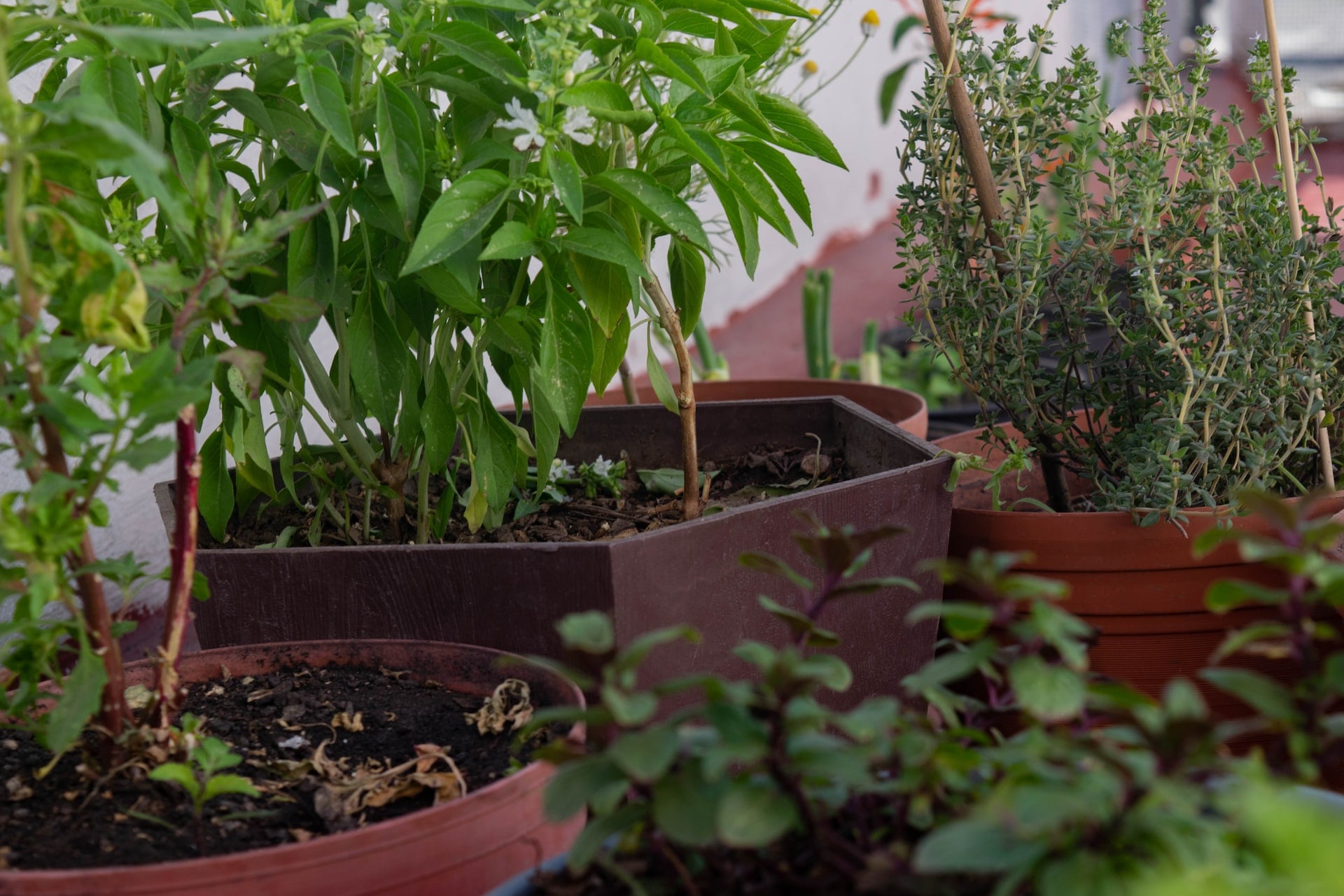
Photo by Charles C. Collingwood on Unsplash
Composting is the natural recycling of organic waste, such as vegetation and food leftovers. Each day, mushrooms feed on decaying logs, and worms aid in the decomposition of dead creatures, fruits, and leaves. On the other hand, humans may get their hands filthy and participate in the decomposition fun. They may assist in reducing trash, enhancing the Earth's soil, and saving vital resources. Here are a few of the advantages of composting.
Good for Reducing Water Pollution
A significant factor in global warming and climate change is rotting food waste. Contamination of the water and air is also a result of the actual movement of this trash. Leachate, a naturally occurring brown liquid made by food waste, frequently leaks during transporting and gets in touch with surface and groundwater. Water contamination risk can be decreased only by reducing the amount of garbage delivered to landfills.
How to Reduce Water Pollution
Water pollution may be decreased by not flushing the following things:
- Cleaning Solutions
- Home Chemicals
- Culinary Fat
- Grease or Oil through the toilet or drain
Lower Emission
Composting can help to lower emissions in a variety of ways. Synthetic fertilizers may cause nitrogen loss in the soil, and this finally reaches the atmosphere as Nitrous Oxide (N2O). Nitrous Oxide is 300 times stronger than carbon dioxide in capturing atmospheric heat.
Other Harmful Gases in Synthetic Fertilizers
- Methane.
- Carbon Dioxide
- Ammonia
Suitable for the Economy
Food waste and yard garbage take up landfill space that may be utilized for other uses, such as housing. Composting food and yard waste can generate new jobs within the trash disposal and agriculture industries while freeing up critical landfill space. Moreover, employing composted soil stored in compost bins in fields and farms may save money on soil supplements that would usually be purchased. This eventually benefits farmers by lowering agricultural production costs.
Areas Where Composting Can Help You Save Up
- Producing compost and selling it can help you earn
- Using compost instead of fertilizers can help you cut costs
- Using compost can cut artificial chemical use
Cuts Down on Pesticide Use
Composting may also reduce the need for pesticides by fostering healthy soil and plant growth. The demand for chemical pesticides, which may have detrimental effects on the environment, is reduced when plants are healthy because they are less vulnerable to pests and diseases.
How it Helps
Composting can help with the creation of a diversified and balanced ecology in the soil, promoting the growth of beneficial microbes that compete with destructive pests and diseases.
Lessens the requirement for landfills
By removing organic waste from the waste stream, composting can decrease the requirement for new landfills. This can aid in lowering the adverse environmental effects of landfill development and operation
List of Phenomena that Composting Prevents
- Habitat destruction
- Air and water pollution
- Greenhouse gas emissions.
Improving Soil Quality
A nutrient-rich soil supplement created through composting can be utilized to enhance the condition of the soil. This is especially crucial in locations with low soil quality or where intense farming or other activities have depleted the soil. By supplying vital nutrients, enhancing soil structure, and increasing soil water-holding capacity, compost can aid in restoring the health and fertility of the soil.
How Composter Can Help
Earthworms and other bacterial spores in the soil are fed by the composter. Worms dig through the soil, enhancing drainage and air circulation while leaving behind castings that enhance soil fertility.
Clean and Clear Oceans
Compost's capacity to filter water as it permeates the surface means that the water going into oceans will be cleaner because all water ultimately finds its way to them.
Harmful Chemicals in The Ocean
- Acidifying fertilizers
- Ammonia concentrated chemicals used in agriculture.
- Food wastes.
Adapts to Climate Change
By lowering the quantity of methane generated in landfills, composting helps lessen the effects of climate change. Methane is a potent greenhouse gas affecting the climate more than carbon dioxide.
How Composting Helps:
- Composting lowers methane emissions
- Reduces ocean and land pollution
Less usage of synthetic fertilizer
Composting can assist in reducing the usage of synthetic fertilizers, which may have detrimental effects on the environment. You can lessen your reliance on synthetic fertilizers and their harmful environmental effects by utilizing compost as a natural fertilizer.
How Synthetic Fertilizers are Harmful:
- They are made from fossil fuels
- They can cause soil deterioration
- They cause water pollution and greenhouse gas emissions
Promotes Sustainability
Composting may support sustainable agriculture by enhancing soil quality and lowering the demand for synthetic fertilizers and pesticides. Farmers may lessen their effect on the environment while boosting yields and profitability by utilizing compost to improve soil health and productivity.
How Composting Helps:
- Uses recycled raw materials
- Improves crop growth
- Helps retain the food lifecycle
Conclusion
Finally, composting has a lot of advantages for the environment. Composting is a practical and efficient approach to lessen your environmental impact and support a healthy world, regardless of whether you are a homeowner with a tiny backyard garden or a farmer with acres of crops.
You may also like
4 Eco-Friendly Hacks for a Sustainable Life
8 Simple Life Changes That Make a Positive Impact on the Environment
8 Habits to Get Rid of to Live a More Eco-Friendly Lifestyle
5 Eco-Friendly Changes to Make at Your Home
